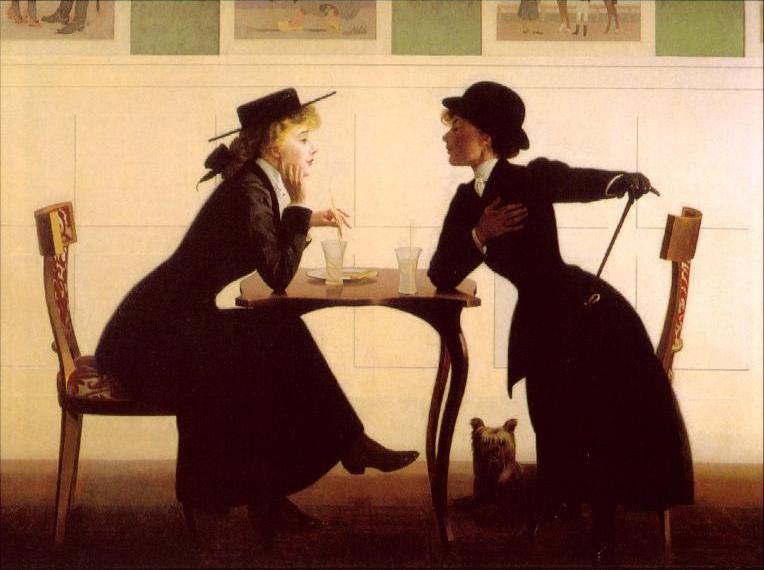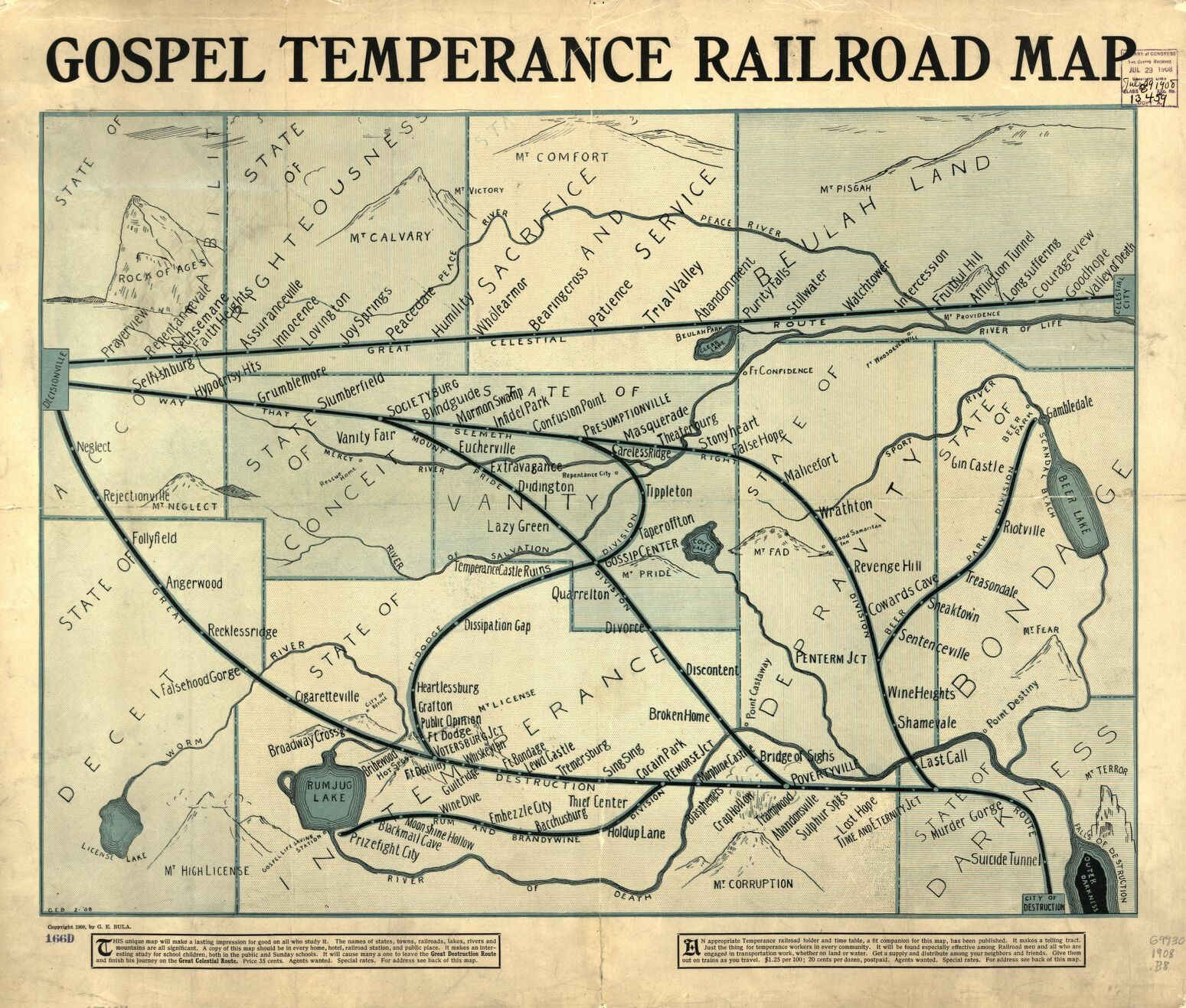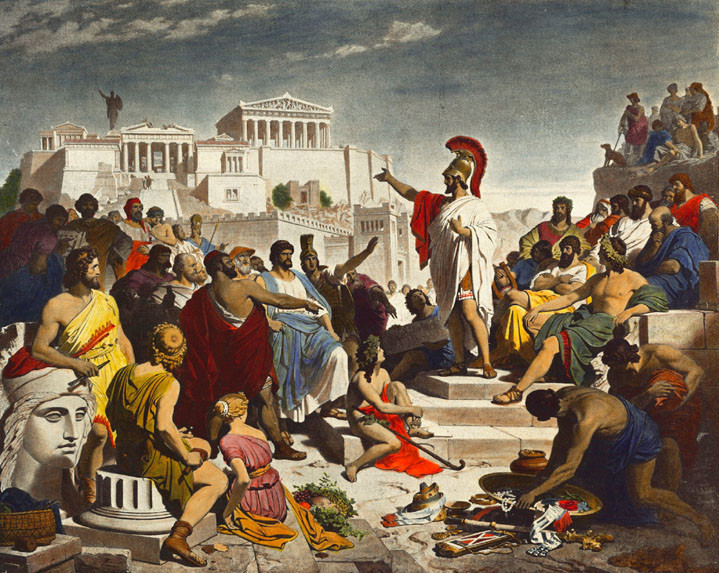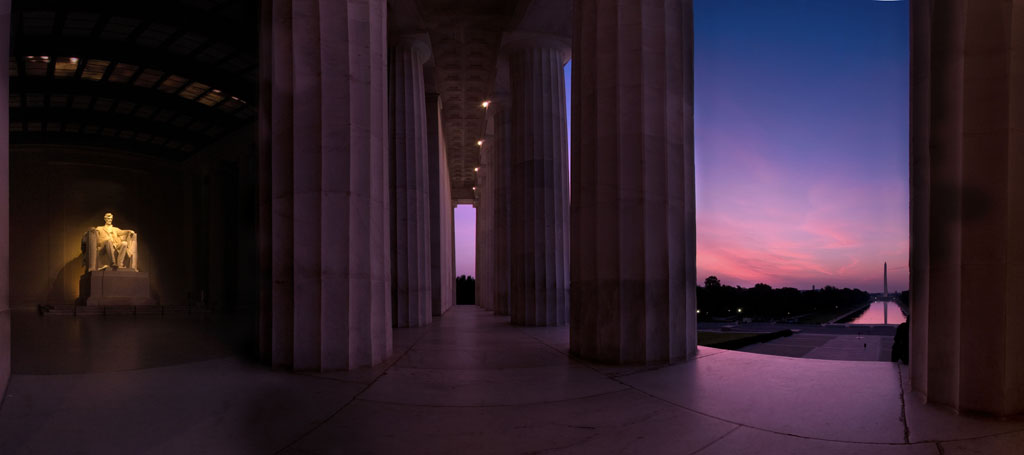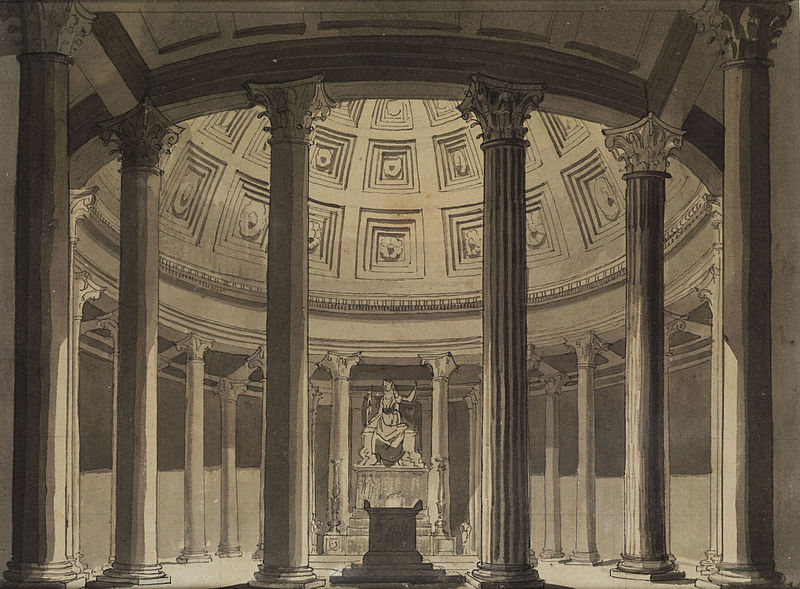In 1911 William Howard Taft escaped the White House:
In the face of a driving rain the president and Mrs. Taft at 4:30 o’clock this afternoon left the White House, dodging the guardian, Major Butt, and the secret service men, and for two hours tramped together through the streets, dropping in at the homes of friends to wish them the compliments of the season.
Reportedly Calvin Coolidge also walked Washington with a single Secret Service guard in the 1920s, his identity “often … never suspected”:
One story had it that on an icy Winter’s day pedestrians on a downtown street noticed a thin man without an overcoat, gazing intently into a restaurant window where a girl was busily turning griddle cakes. As one passerby was pitying him for his apparent cold and hunger, the man turned and walked rapidly away, followed by another man in a greatcoat. The thinly clad one was the President.
(From Richard J. Ellis, Presidential Travel, 2008.)

